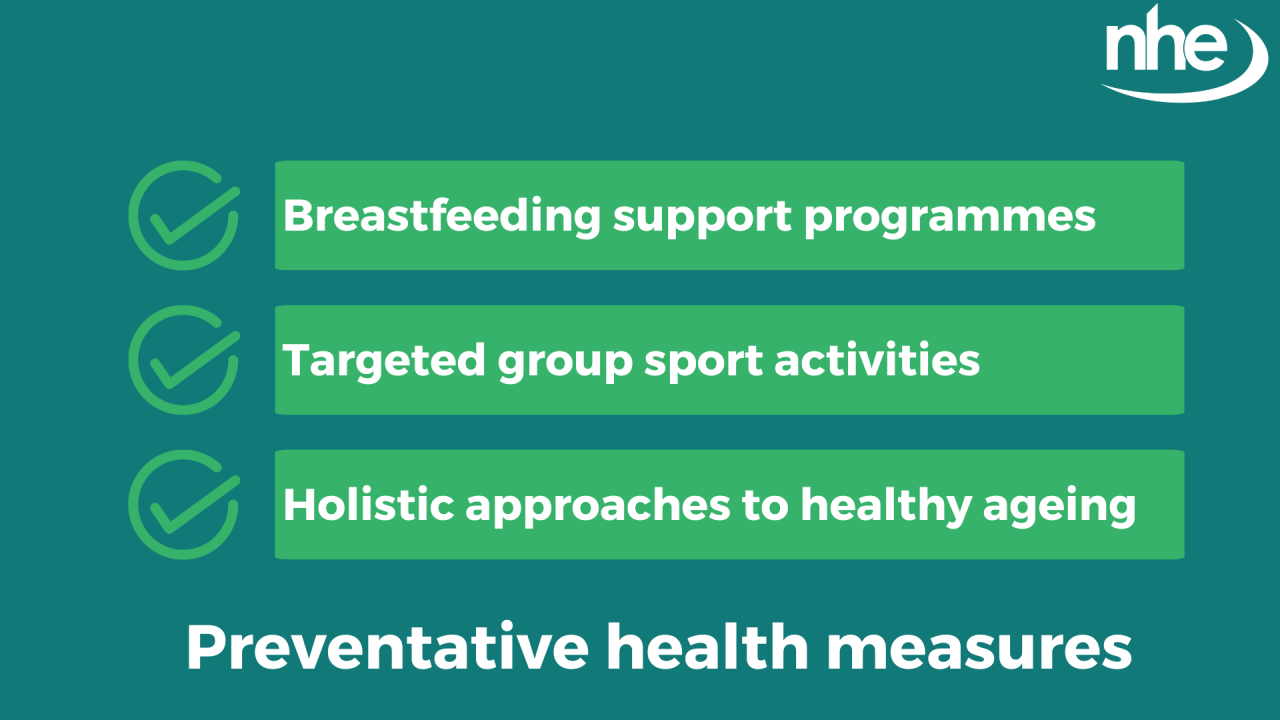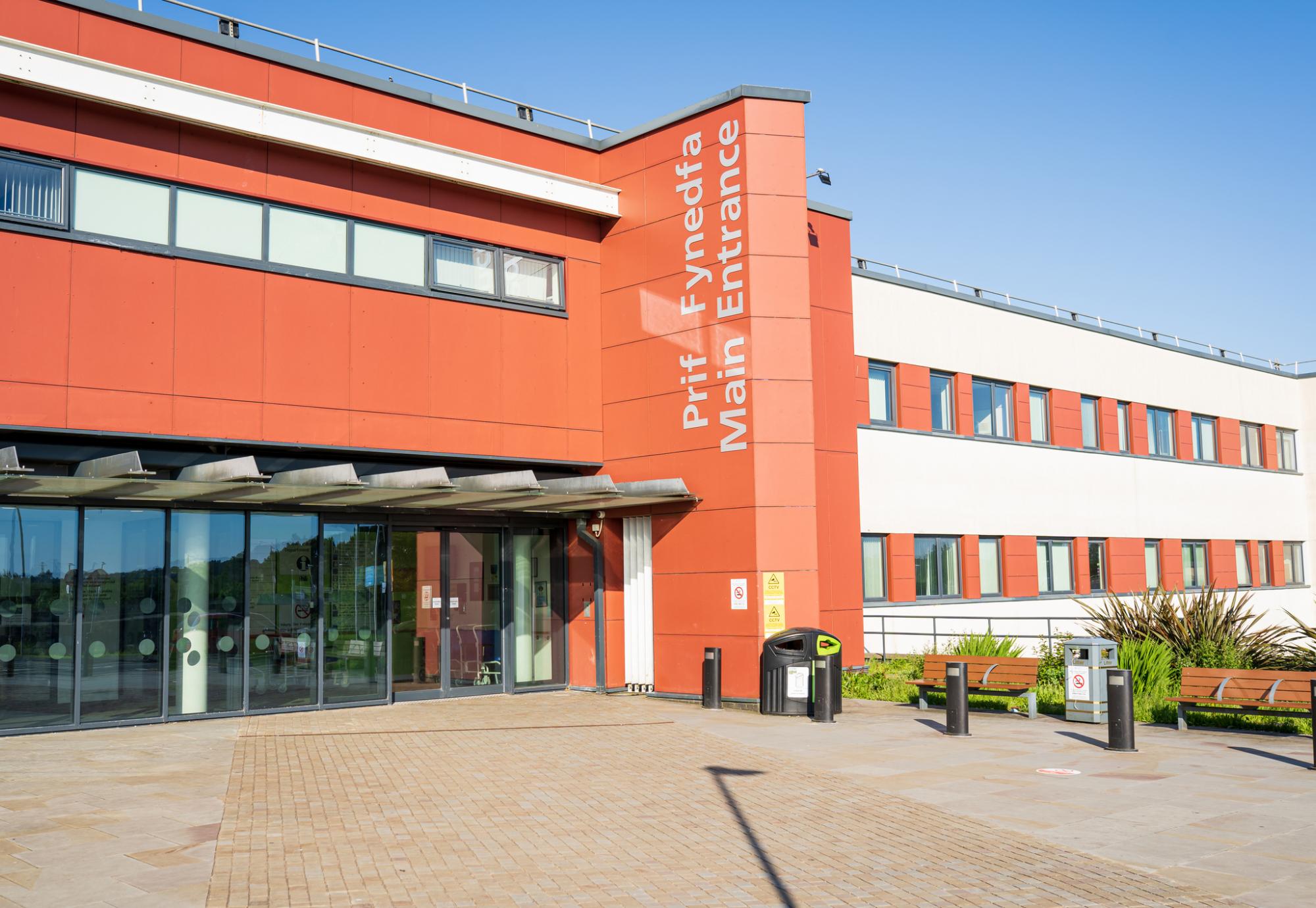Effective health prevention programmes have been proven to offer exceptional value for money, with initiatives such as early years education, vaccination programmes, smoking cessation, and support for carers delivering an average return of £14 for every £1 invested.
Not only do these programmes promote better health, but they also address health inequalities, according to a new report from Public Health Wales.
The report underscores the critical importance of prioritising public funding for preventive health measures to reverse the declining health of the nation, tackle the root causes of health inequalities, and enable the people of Wales to lead longer, healthier, and happier lives.
Public Health Wales revealed that health inequalities cost acute NHS services in Wales a staggering £322 million per year. Health inequalities arise when individuals' health outcomes differ due to factors such as location, income, or ethnic group, leading to a disparity in healthy life expectancy. Alarmingly, people in the poorest areas of Wales live on average 17 fewer healthy years compared to those in the wealthiest areas.
The report highlights several concerning statistics on health inequalities:
- In 2022-2023, approximately 24.8% of children aged 4-5 years in Wales were overweight or obese, with children in the most affluent areas more likely to have a healthy weight.
- People living in the most deprived communities are nearly four times more likely to die from avoidable causes (3.7 times for males and 3.8 times for females).
Public Health Wales’ National Director of Policy and International Health, Sumina Azam, said:
“We know that good health is a fundamental human right, but in Wales there are unfair differences in how different communities experience good health. Investing in prevention is extremely important to support everyone in Wales to live longer and healthier lives.
“It is vital that investment in prevention remains a priority, as these programmes improve health outcomes, reduce inequalities and ultimately lessen the longer-term financial impact of poor health on the NHS and wider society in Wales.”
Despite these stark statistics, Public Health Wales emphasises that change is possible. By focusing long-term investment on large-scale prevention programmes with high success potential, significant progress can be made in reversing the health inequalities that plague Wales.

The report examines effective programmes across three life stages: early years and children, healthy adults, and healthy ageing. Specific actions identified as delivering real community benefits include:
- Breastfeeding support programmes: These can save the NHS £50 million annually by improving mental health and reducing hospital admissions.
- Targeted group sport activities: Aimed at increasing physical activity, these programmes show returns ranging from £1.91 to £22.37 for every £1 invested.
- Holistic approaches to healthy ageing: Activities such as fall prevention programmes, promotion of independent living, and community engagement can generate a return of up to £5.18 for every £1 invested.
Public Health Wales' report calls for a concerted effort to invest in preventive health programmes, which offer substantial economic returns and have the potential to transform the health landscape of Wales. Prioritising these initiatives can help address the profound health inequalities, ensuring a healthier, more equitable future for all residents.
Image credit: iStock



















